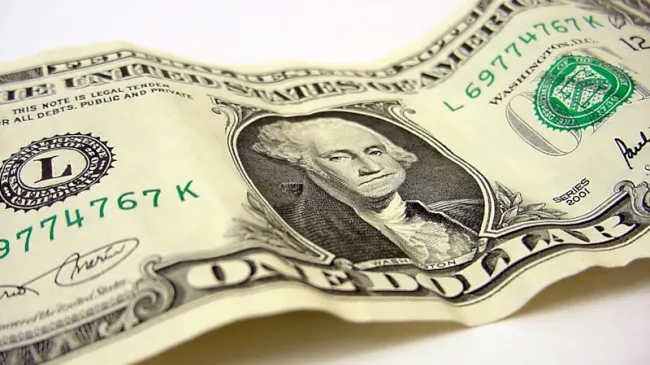Sustainable Growth: or, How to Kill an Economy
The headlines of the business pages have been trumpeting the arrival of recovery now for months. How do the experts decide when recession has turned to recovery? By looking at the data, which come in packages labeled in various ways: the GDP, the leading indicators, the unemployment rate, industrial production, housing starts, commercial borrowings, office vacancy rates, and a host of others. If these tend in the negative direction, we are said to be entering a recession. If they move in a positive direction, it is said that we are recovering.






